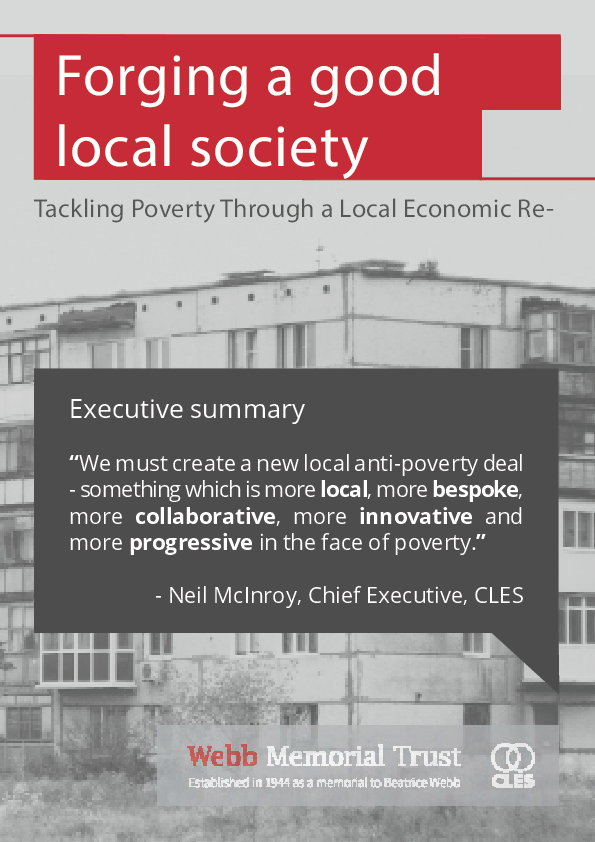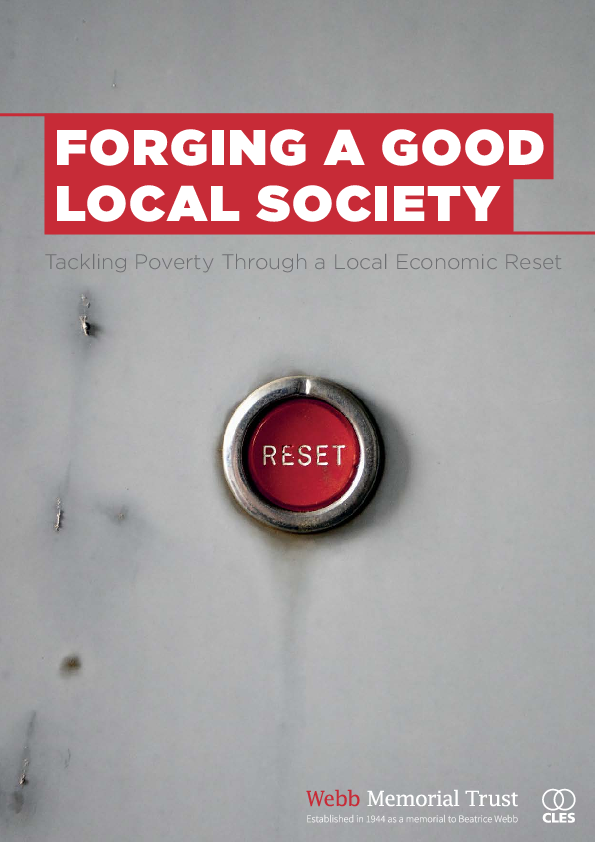London needs a new story for the levelling up era
This article originally appeared in the Local Government Chronicle.
The capital should be at the heart of the debate about what it means for a local economy to be successful.
February’s levelling up white paper represented a long-overdue admission from the government that our economic model does not work for the majority of our country. Unfortunately, this important recognition does not seem to have translated into a prescription that reflects the scale of change that needs to take place. The government’s remedy, sadly, is for more of the same: ‘growing the pie, everywhere, for everyone’.
“On conventional measures of ‘economic success’, London could be understood as doing well”
As London has a pretty large slice of that pie, it could be assumed that, to deliver on levelling up, the government is seeking to mirror the regions to the capital’s success. On conventional measures of ‘economic success’, London could be understood as doing well.














